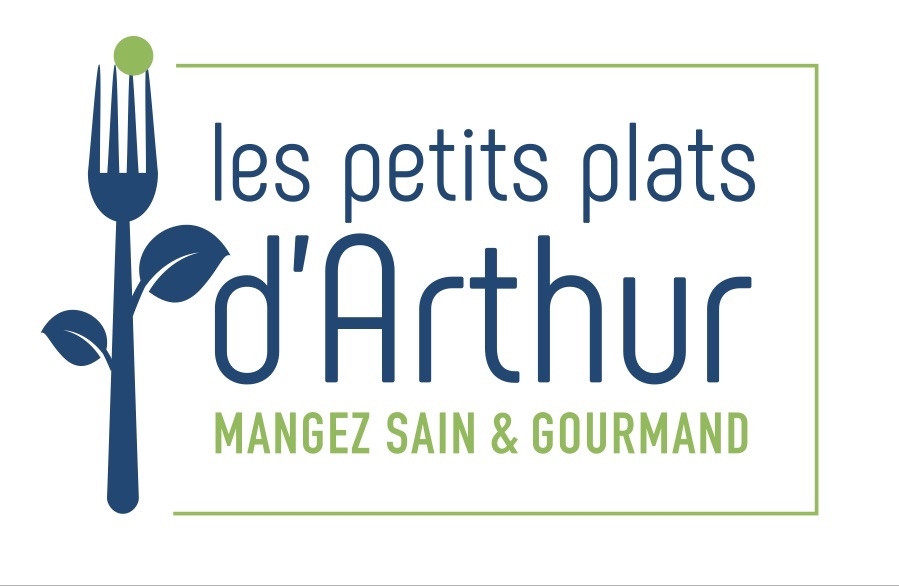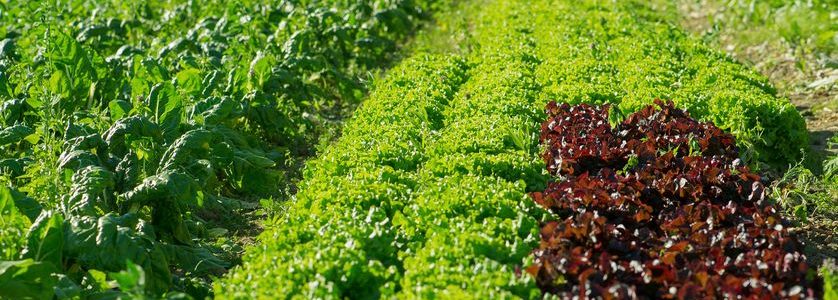
In this new article of our category “Growing well to eat well”, the team of Les Petits Plats d’Arthur comes back on the origins and founding principles of Organic Agriculture and untangles the different labels that you can find affixed on the mentioned products.
Origins and founding principles
In the 1920s and 1930s, a group of agronomists lamented the gradual disappearance of the peasantry. They advocated a return to the roots and to “natural farming”, by eliminating the various chemical products used on the land and on crops, such as fertilizers or phytosanitary products, called synthetic inputs.
As time goes by, many agricultural techniques are being developed such as biological control and mating disruption, intercropping, permaculture, agroforestry and direct seeding. All these systems will be the subject of articles in our new series “Growing well to eat well”.
Around this movement, many associations were created such as the French Association of Organic Agriculture (AFAB) or “Nature & Progrès”. They allowed to concretize this new way of cultivating and made it known for the first time to the consumers at the Paris Agriculture Show in 1970.

Understanding the need to supervise this new/old way of farming, institutional structures were created. The best known are the National Federation of Organic Agriculture of the regions of France (FNAB), Biocoop and Ecocert.
But then, how do these structures allow consumers to find their way between organic and conventional products?
The AB label
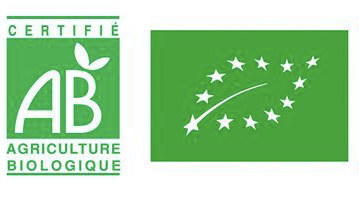
The label “Agriculture biologique” (or AB) is a French quality label created in 1985, allowing to identify products from organic farming.
It is under the direction of the French Ministry of Agriculture but is issued by certification bodies such as Agrocert, Biotek Agriculture, Ecocert SA etc.
It allows to guarantee to the consumers:
- A product made up of at least 95% of organically produced ingredients;
- The absence of Genetically Modified Organisms (GMO), although the limit is actually 0.9% (like conventional agriculture);
- A certification under the control of an organization approved by the French public authorities;
- The respect of the regulations in force in France.
Since 1992, the AB label has also extended to livestock farming, promising consumers a meat that respects the living conditions of the animal and its well-being. Breeders must comply with the specifications imposed on them and meet the following conditions:
- A 100% plant-based diet;
- 95% of the food is organically grown;
- A very controlled medication and which privileges homeopathy;
- Living conditions conducive to the development of the animal (daylight, outdoor life, etc.).
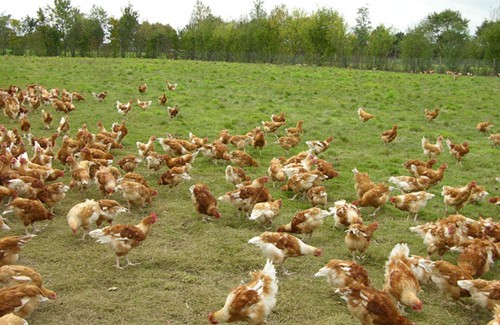
But to each thing its limits…
Following the alignment of the French AB label with the European label in 2009, farmers producing organic food regret a decrease in regulatory requirements. It is therefore necessary for these professionals to refocus on “the essentials”.
Other labels for more guarantee
As we have already explained in our different articles, one label is good but several labels are better! By adding up the labels on a single product, you are guaranteed to consume a product that is actually good from several angles.
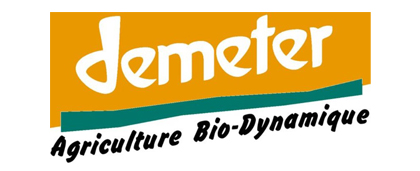
The Demeter label is an international certification mark created in 1932 for products from biodynamic agriculture (differing from organic agriculture by the use of esoteric methods).
The products certified with the Demeter label respect the specifications of the European Union’s organic label but also its own specifications. Therefore, to be able to claim the Demeter label, it is first necessary to be certified organic.
Today, it includes just under 8,000 agricultural estates and companies in more than 60 countries around the world.
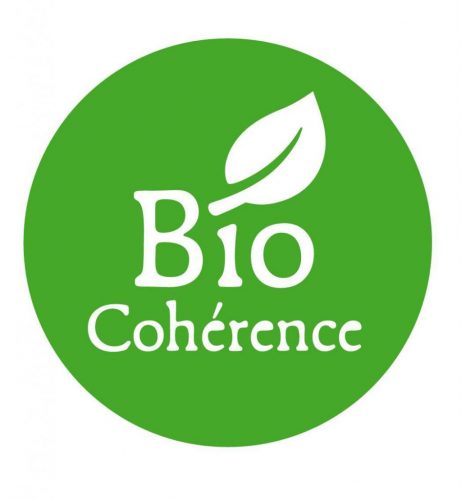
“Bio Cohérence” is a private certification brand, created on April 12, 2010, at the initiative of some AB-labeled producers, regretting the reduction of the requirements of the specifications of the mentioned label.
The “Bio Cohérence” specifications are therefore stricter than those of the AB label, which must be obtained before being able to claim “Bio Cohérence” certification.
We have compiled a non-exhaustive list of the differences between the two certifications:
- No GMO contamination (compared to up to 0.9% for the AB label);
- A processed product must not contain any non-organic food (contrary to the AB label which allows 5%);
- The farms must be 100% organic (the AB label authorizes the mixing of organic and non-organic agriculture);
- Animals are fed 100% organic feed as opposed to only 95%.
But the specificity of the “Bio Cohérence” label is the integration of the social aspect of organic agriculture, wishing in particular that the farmers can live correctly from their exploitation. “Bio Cohérence” certified products are not sold in supermarkets (which, according to them, are pulling the prices down).
PPAs and the processing of organic products
Les Petits Plats d’Arthur are convinced of the benefits of organic farming, as much in its ecological and societal aspects as for the well-being of consumers.
But our first mission being to give an alternative of ready-made meals to allergic people and to do it in the rules of art, we had to learn first to master the gluten-free products, which is not an easy task in itself, but also the techniques of conservation.
However, as much as possible, we have tried to use products from organic farming, as evidenced by our chocolate used in the “Gâteau tout choco” which is organically grown.
In this logic, obtaining the AB label is part of the future of the adventure of ” Les Petits Plats d’Arthur “. It will allow us to propose you in addition to the meats and fishes Label Rouge in our ready-made meals certified Made In France, recipes certified AB.
Our meals will always be healthy and tasty and soon organic.
